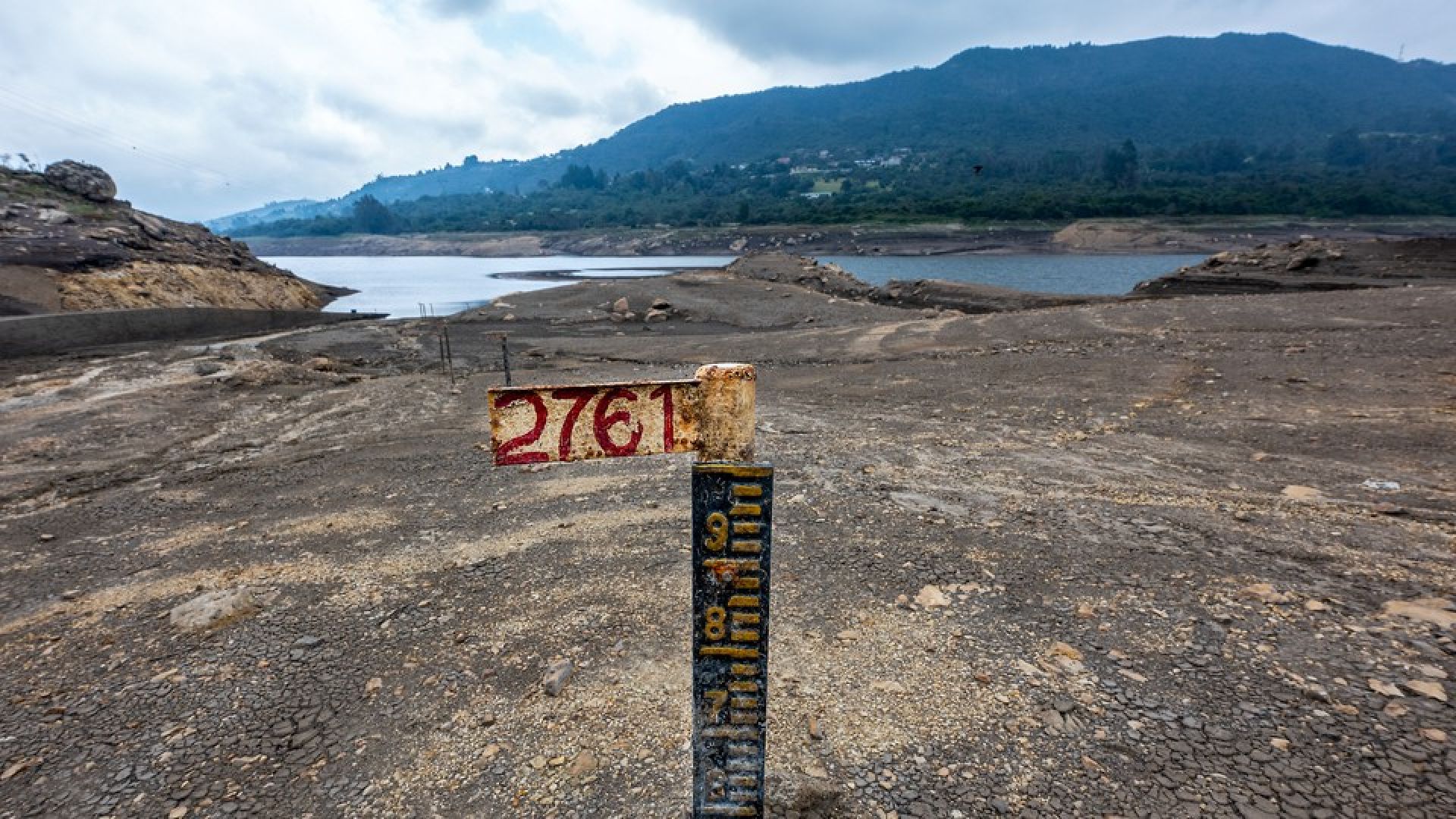Elizabeth Rush examines Bogotá’s ongoing water crisis as a harbinger of future global challenges brought about by climate change. The city, facing severe drought since mid-2023 due to climate shifts, deforestation, and intensified El Niño patterns, implemented water rationing for its 11 million residents. Households endure scheduled outages every ten days. The San Rafael reservoir, crucial for Bogotá's water supply, remains alarmingly low, with the August drought setting a 55-year record.
Rush highlights the broader implications of Bogotá’s situation. The city’s efforts to conserve water include educating residents about their reliance on natural ecosystems like the páramos and encouraging respect for water sources through measures such as opening hiking trails in forested reserves. While frustrating, the shared inconvenience fosters a sense of collective responsibility and adaptation, as residents find creative ways to navigate rationing. Drawing from her experience covering climate-impacted communities, Rush advocates for proactive resource management worldwide. She suggests that periodic resource rationing—such as planned “dry days” for water or electricity—could prepare societies for inevitable shortages. These drills would encourage resilience, foster community networks, and help individuals develop adaptive habits before crises escalate.
The article underscores the importance of institutional intervention in managing resources equitably. Bogotá’s centralized water rationing, which exempts essential facilities like hospitals, contrasts with the often individualistic framing of environmental actions. Rush argues that embracing shared sacrifices can strengthen communal bonds and trust in governance. Finally, Rush calls for integrating resilience-building practices into daily life. Whether through improved communication networks, backup systems, or routine rationing, these measures could mitigate the impact of climate-induced disruptions.


